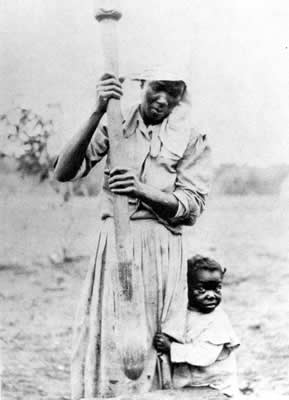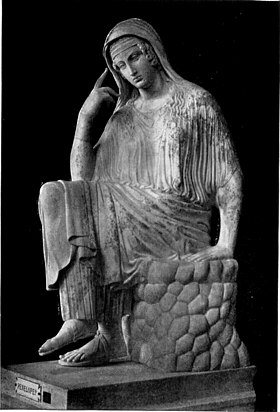I felt that this book was very southern and depicted the time period very well. I loved the use of southern and African language found throughout the text.
"You forgetting I knew her, "Paul D was saying. "Back in Kentucky. When she was a girl. I didn't just make her acquaintance a few months ago. I been knowing her a long time. And I can tell you for sure: this ain't her mouth. May look like it, but it ain't." (p. 217)
"Yonder," he said.
"You ain't got no business walking around these hills,miss." "Looka here who's talking. I got more business here 'n you got...." (p. 108)
I also like the nature references made throughout the book. You can find many references to the chokecherry tree and chamomile. Visually you can see the corn stalks moving at the 'union' of Sethe and Halle. Also, the use of corn in a sexual reference describe by Halle.

All in all I enjoyed this book by Morrison. I would love to read some more of her work. I have started to read more books set in the south, and I think the exposure to Morrison will add other great works to my book shelves.
CJ





























